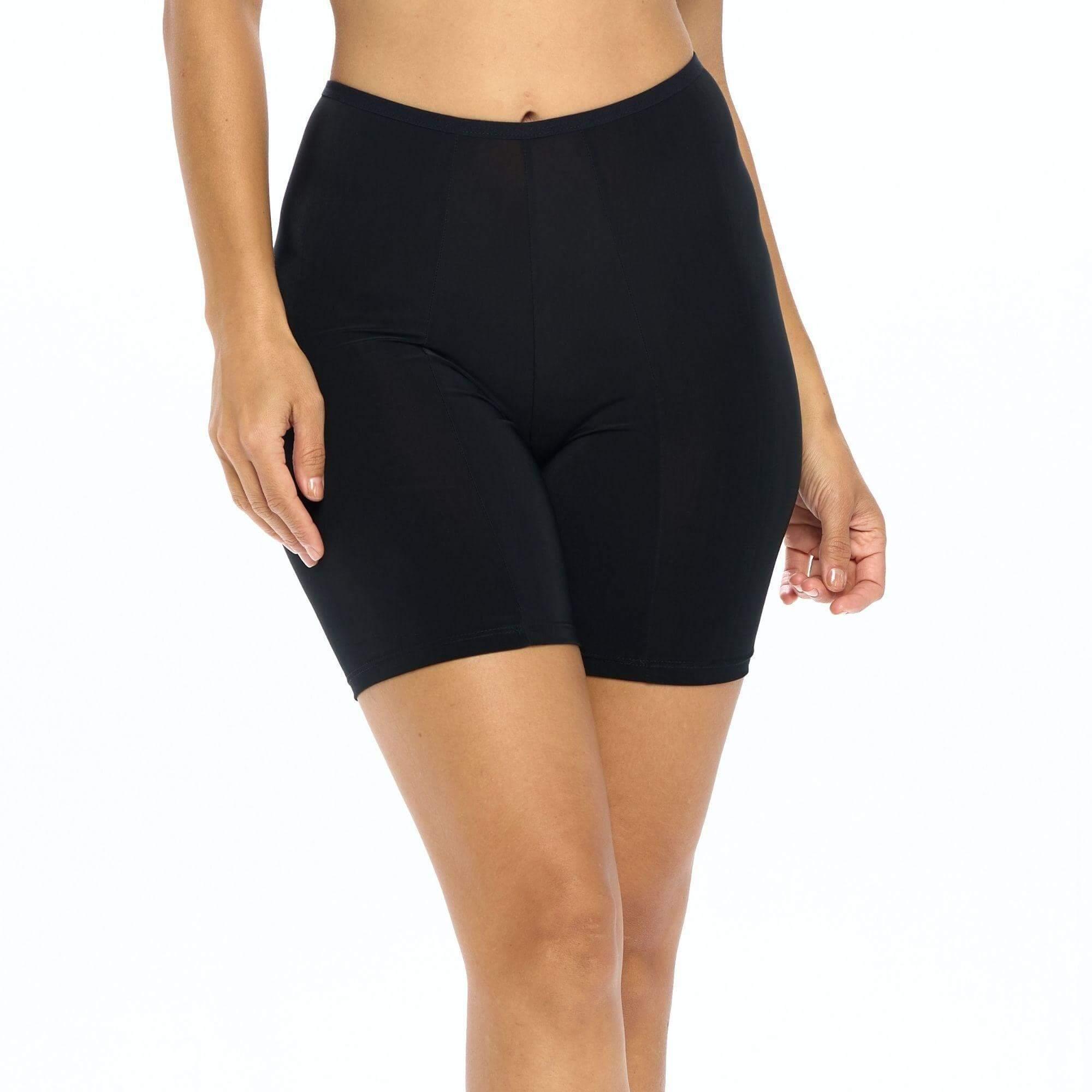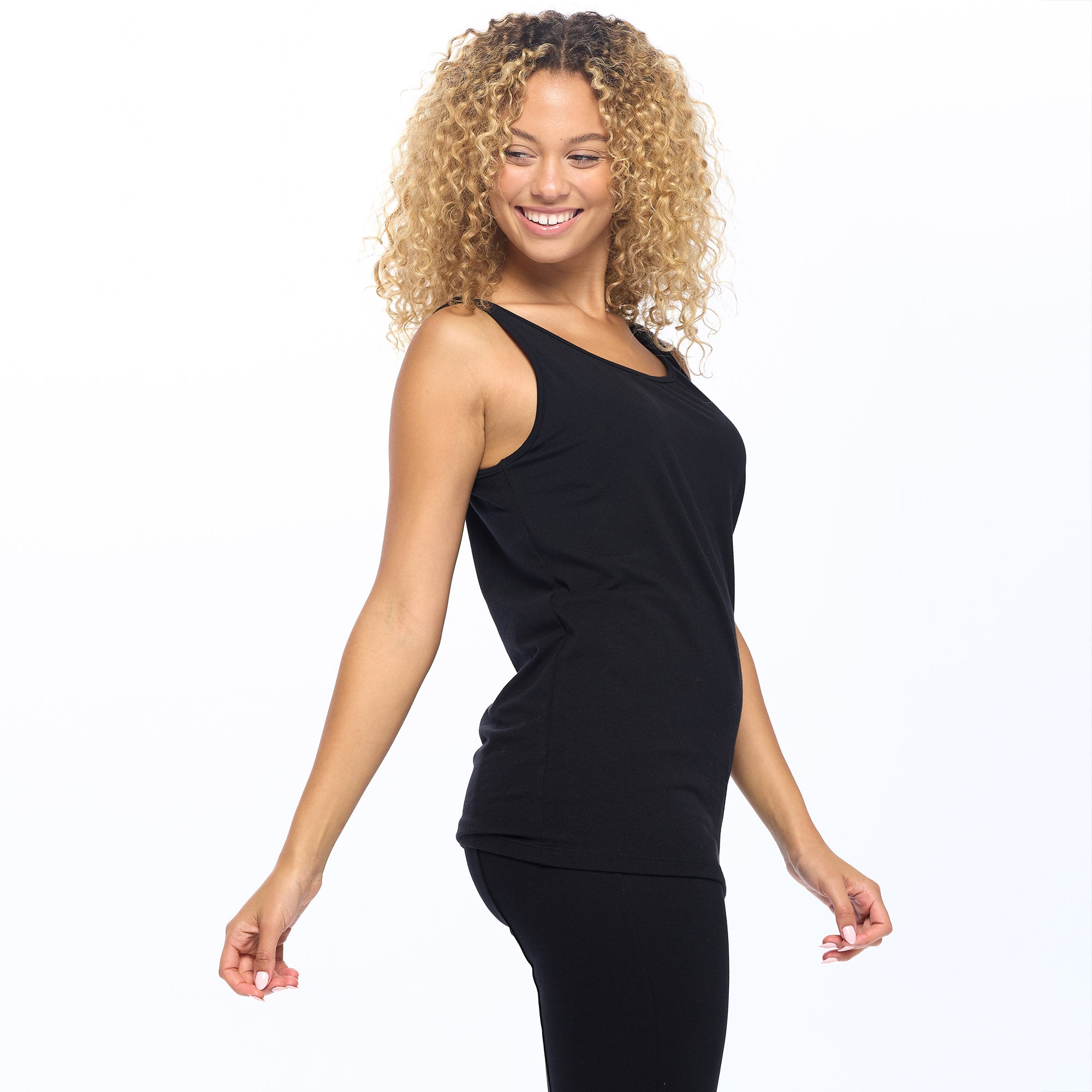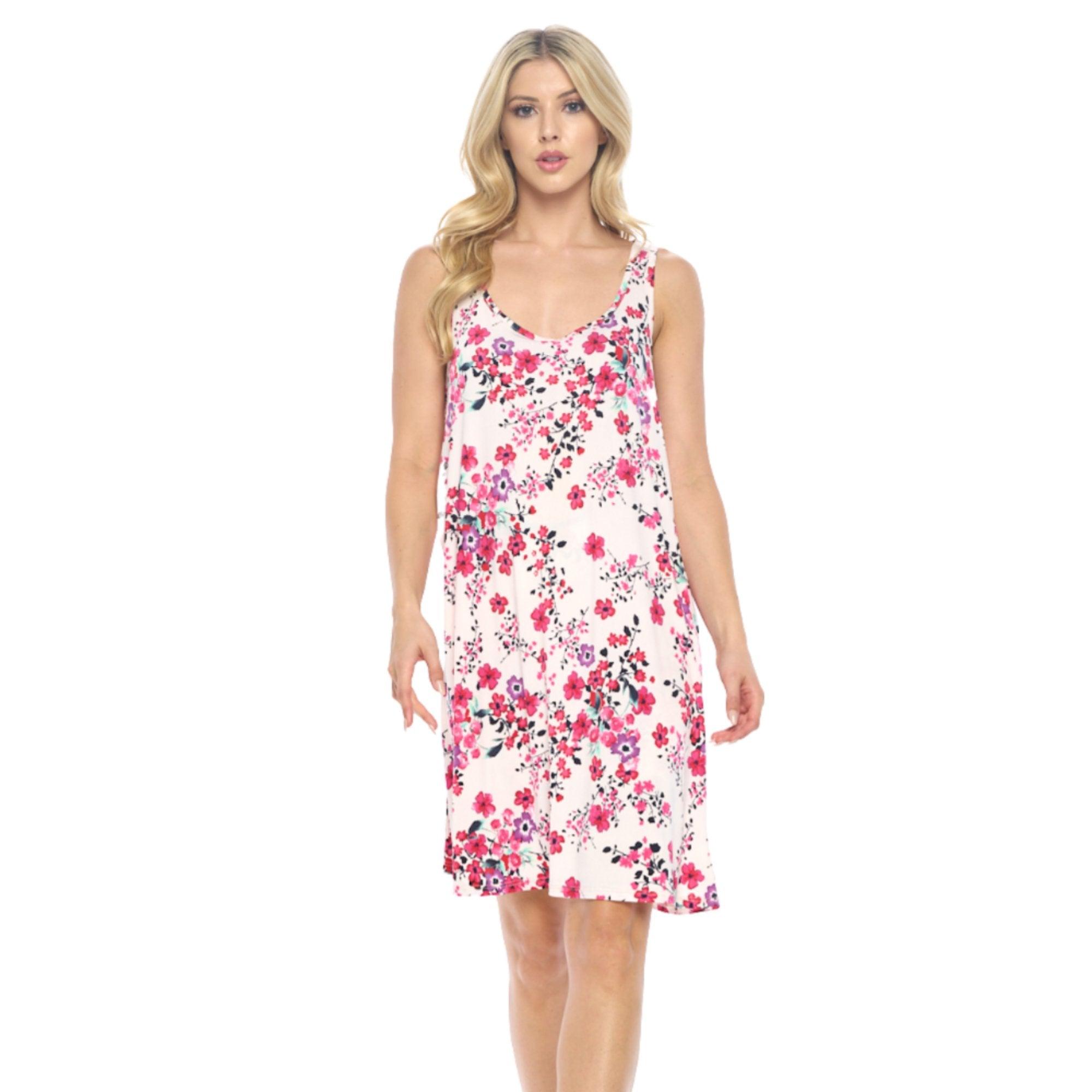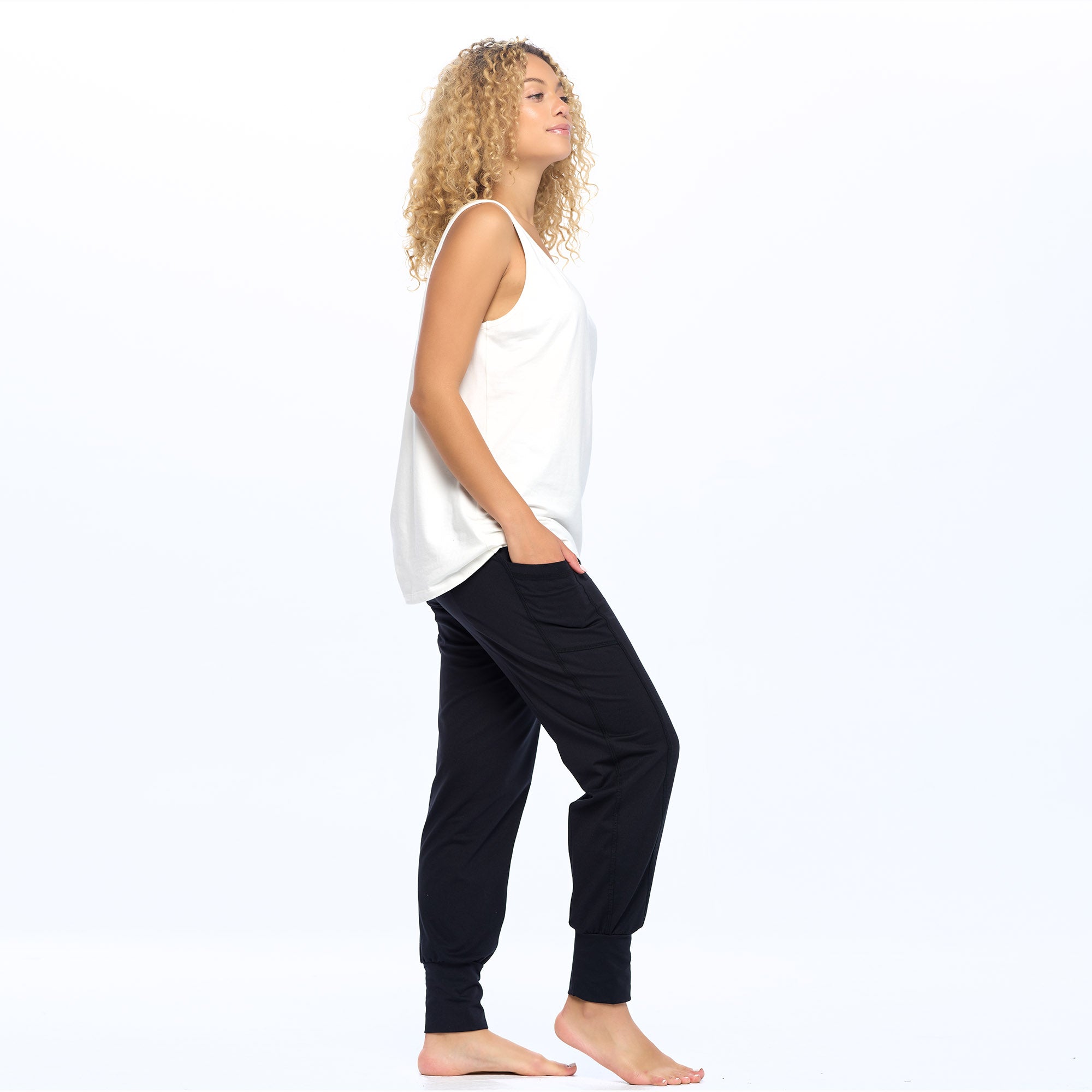Are you tired of feeling uncomfortable and self-conscious due to the dreaded swamp ass? This common problem can affect anyone, particularly during hot and humid weather or times of physical activity. But don't worry, there are easy ways to combat this issue and maintain your confidence and comfort. In this article, we'll dive into the causes and effects of swamp ass, as well as five tried-and-true tips to keep your cool under pressure.
Understanding Swamp Ass: Causes and Effects
Before we get into the tips, it's important to understand what exactly swamp ass is and what causes it. Essentially, swamp ass is a result of excessive sweating and moisture buildup in the buttock and crotch area. This can happen due to a variety of reasons, including hot and humid weather, physical activity, or even certain medications.
Swamp ass is a common problem that affects many people, especially during the summer months. It can be uncomfortable and embarrassing, and can even lead to skin irritation and infections if left untreated. In this article, we will discuss the common causes of swamp ass and how it affects your confidence and comfort.
What is Swamp Ass?
Swamp ass is the uncomfortable feeling of sweating and moisture buildup in the buttock and crotch area. It can be caused by a variety of factors, including hot and humid weather or physical activity.
When you sweat, your body produces moisture that can get trapped in your clothing and skin folds. This can create a warm and moist environment that is perfect for bacteria and fungi to grow. As a result, you may experience itching, redness, and a foul odor in the affected area.
Common Causes of Swamp Ass
As mentioned, swamp ass can happen due to various factors. In addition to weather and physical activity, tight and non-breathable clothing can contribute to the issue. Certain medical conditions or medications may also cause excessive sweating.
If you are prone to sweating, it's important to wear loose and breathable clothing that allows air to circulate through your body. This can help reduce moisture buildup and prevent the growth of bacteria and fungi. You should also avoid wearing synthetic fabrics, such as polyester or nylon, which can trap heat and moisture in your skin.
In addition, if you are taking medications that cause excessive sweating, you may want to talk to your doctor about alternative treatments. Certain medical conditions, such as hyperhidrosis or diabetes, can also cause sweating and moisture buildup. If you suspect that you may have a medical condition, it's important to seek medical advice.
How Swamp Ass Affects Your Confidence and Comfort
Swamp ass can be uncomfortable and embarrassing, affecting your confidence and overall comfort. It's important to take steps to combat this issue and avoid any negative impact on your daily activities.
One way to prevent swamp ass is to practice good hygiene. This includes showering regularly, using a mild soap, and drying your skin thoroughly after bathing. You may also want to use a talcum powder or antiperspirant in the affected area to help absorb moisture and reduce sweating.
In addition, you can wear moisture-wicking underwear or clothing that is designed to keep you cool and dry. These products are made from breathable fabrics that help evaporate sweat and prevent moisture buildup.
Overall, swamp ass is a common problem that can be easily prevented with proper hygiene and clothing choices. By taking simple steps to reduce sweating and moisture buildup, you can stay comfortable and confident all day long.

Tip 1: Choose the Right Clothing
One of the best ways to combat swamp ass is through the clothing choices you make. Consider the following tips:
Opt for Breathable Fabrics
Cotton and other breathable fabrics allow air to circulate and reduce moisture buildup. Avoid synthetic materials that may trap heat and sweat.
In addition to cotton, linen, and rayon are also great choices for staying cool and dry. These fabrics are lightweight and allow air to flow freely, preventing sweat from accumulating in unwanted areas.
Avoid Tight-Fitting Clothes
Tight clothing can increase friction and trap moisture in the butt and crotch area. Opt for looser-fitting clothing options to reduce this issue.
Baggy clothing may not be the most fashionable option, but it can help prevent swamp ass. Loose-fitting shorts or pants can provide more ventilation and help keep you dry. If you're worried about looking too baggy, try finding clothes that are fitted at the waist but more relaxed in the leg.
Consider Moisture-Wicking Undergarments
Moisture-wicking undergarments can help pull sweat away from the body, reducing the buildup of moisture in the butt and crotch area.
Brands like Under Armour and Nike offer underwear and undershirts specifically designed to wick away moisture. These garments are made from materials like polyester and spandex, which are designed to pull sweat away from the skin and onto the surface of the fabric where it can evaporate.
It's important to note that while moisture-wicking undergarments can be effective, they are not a cure-all for swamp ass. It's still important to choose breathable clothing and practice good hygiene to prevent excessive sweating.
Tip 2: Maintain Proper Hygiene
In addition to clothing choices, proper hygiene is crucial for combating swamp ass. No one wants to deal with the discomfort and embarrassment of a sweaty and smelly butt. Here are some habits you can incorporate into your daily routine to keep your nether regions fresh and clean:
Shower Regularly and Thoroughly
Regular showers are essential for reducing any buildup of bacteria and sweat. When you sweat, bacteria can quickly accumulate in the folds of your skin, leading to unpleasant odors and potential infections. Make sure to thoroughly clean the butt and crotch area with soap and warm water. Use a clean towel to dry the area thoroughly.
Use Antibacterial Soap
While regular soap can help remove dirt and sweat, using an antibacterial soap can help reduce bacteria buildup and keep the area clean and fresh. Look for a soap that contains tea tree oil, which has natural antibacterial properties. However, be sure not to overdo it with the antibacterial soap, as it can disrupt the natural balance of bacteria on your skin.
Incorporate Talc-Free Body Powder
A talc-free body powder can help absorb moisture and reduce friction in the butt and crotch area. When sweat accumulates in these areas, it can create a perfect breeding ground for bacteria and fungi, leading to unpleasant odors and potential infections. Choose a powder that is specifically designed for sensitive skin and does not contain talc, which can be irritating and potentially harmful if inhaled.
By incorporating these simple habits into your daily routine, you can keep your nether regions clean, dry, and fresh-smelling. Remember, proper hygiene is not only essential for your comfort and well-being, but it is also a courtesy to those around you.
Tip 3: Stay Hydrated and Watch Your Diet
When it comes to sweating, what you put into your body can have a big impact on your overall comfort level. Here are some additional tips to consider:
Drink Plenty of Water
Staying hydrated is important for overall health and can also help regulate your body temperature, which in turn can reduce excessive sweating. Aim to drink at least eight glasses of water per day, and more if you're particularly active or spending time in hot weather.
In addition to water, you can also drink other hydrating beverages such as coconut water, sports drinks, or herbal tea. However, be mindful of drinks that contain caffeine or alcohol, as these can dehydrate you and worsen your sweating.
Limit Spicy and Greasy Foods
While a plate of hot wings or a greasy burger might be tempting, these types of foods can cause your body to produce more sweat and increase moisture buildup in the butt and crotch area. This is because spicy and greasy foods can raise your body temperature and trigger sweat glands.
If you're prone to sweating, it's best to limit your intake of these types of foods. Instead, opt for lighter, healthier options such as salads, grilled chicken, or fish.
Incorporate Foods that Help Regulate Body Temperature
Some foods can help regulate your body temperature and reduce sweating. For example:
- Watermelon: This juicy fruit is not only hydrating, but it also contains an amino acid called L-citrulline, which can help regulate blood flow and body temperature.
- Cucumber: Cucumbers are another hydrating food that can help cool you down and reduce sweating. They're also low in calories and packed with vitamins and minerals.
- Mint: Adding fresh mint to your water or meals can help cool your body and reduce sweating. Plus, it adds a refreshing flavor to any dish.
Other foods that can help regulate body temperature include celery, yogurt, and green tea. Try incorporating these into your diet to see if they make a difference in your sweating patterns.
Tip 4: Take Breaks and Allow for Ventilation
If you find yourself in a particularly hot and humid environment, consider taking breaks to allow for ventilation. This could mean finding a shaded area or an air-conditioned room to cool down and reduce sweating.
Tip 5: Use Anti-Sweat Products
Lastly, there are a variety of anti-sweat products on the market that can help combat swamp ass. These could include antiperspirants or even prescription medication. Consult with your healthcare provider to determine the best option for you.
Final Thoughts
Fighting swamp ass may seem like a daunting task, but with these five tips, you can keep your cool under pressure and stay confident and comfortable. Remember to choose breathable fabrics, maintain proper hygiene, watch your diet, take breaks and allow for ventilation, and consider anti-sweat products when necessary. With these habits in place, you can say goodbye to swamp ass and hello to a more comfortable, confident you.









